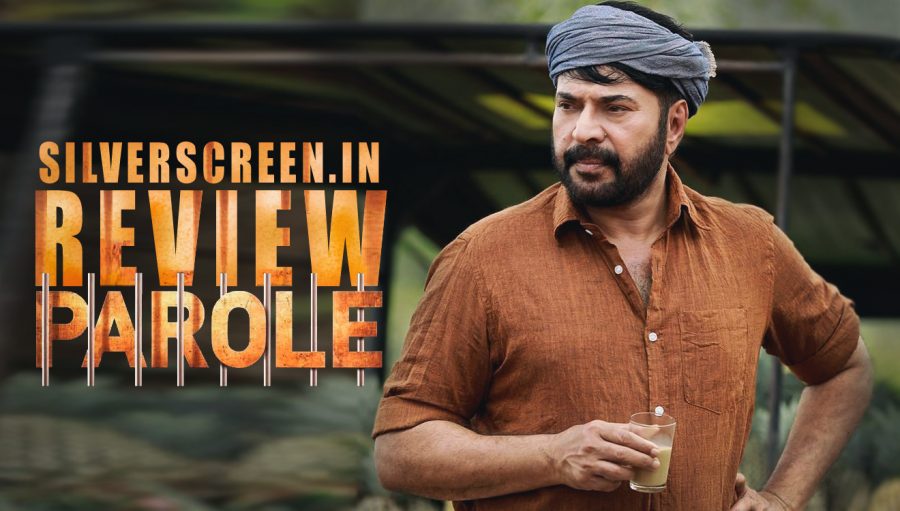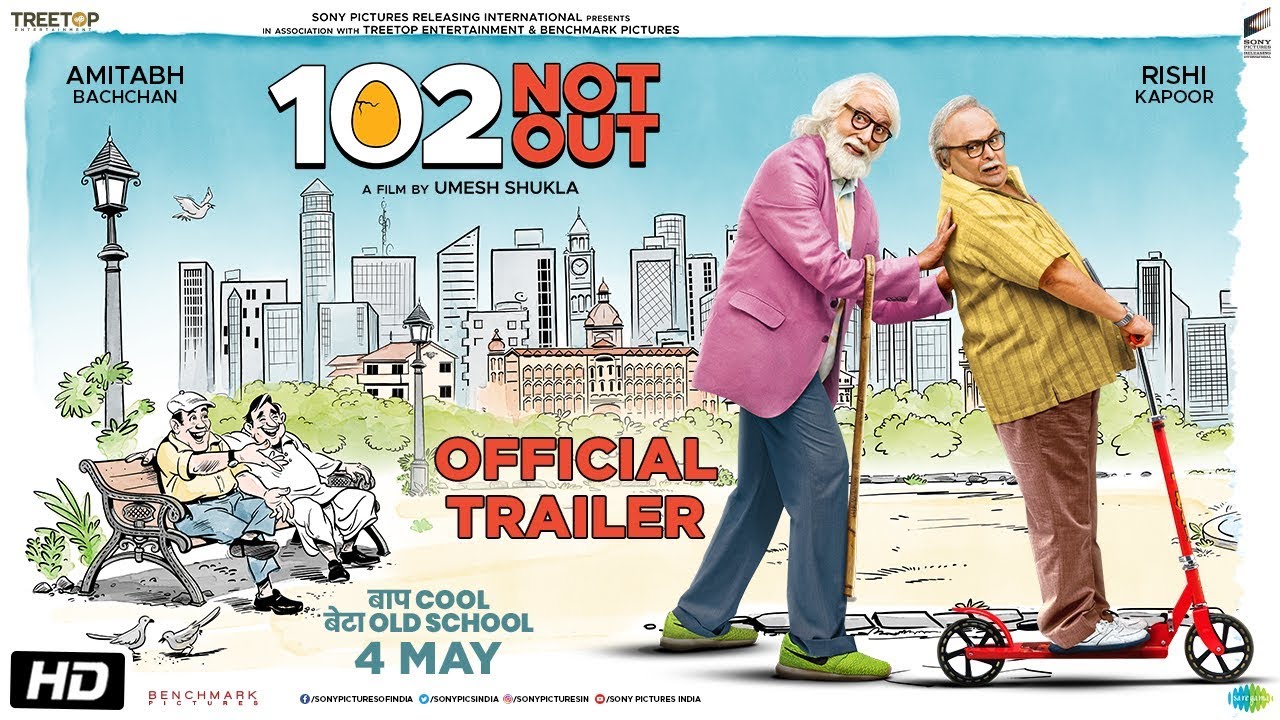The strangest thing about the recent Mammootty films, beside the fact that he chose to act in them, is their action choreography that confidently challenges the laws of science. In Rajadhiraja, the goons he hits ricochet off the paved road like a tennis ball. In Great Father and Masterpiece, he leaps into the atmosphere and delivers mighty blows to the villains who go up in the air and stay there for half a second before falling on the ground. Had there been a Raspberry award in Malayalam, these films would have easily grabbed the one for action scenes.
Sharrath Sandith’s Parole is a tragic tale generously coated in melodrama about a hapless murder convict – a grieving father – who is making ardent efforts to reconcile with his estranged son. Nevertheless, it has elaborate stunt scenes, inconsequential to the main plot, where Mammootty coolly defies the laws of gravitation. One of those scenes arrive early in the film, as though to tell the audience that Parole isn’t any different from the duds like Masterpiece where the iconic actor is reduced to a dummy.
Housed in the central jail on a life-imprisonment sentence, Alex (Mammootty) is delighted to receive a brief parole to visit his family and friends in a highland village. He is the son of a late Communist leader who founded a unit of the party in the village. Alex has inherited the father’s dare-devil attitude and idealism. However, he has an Achilles heel – his sister Kathrina (Miya George) for whose well-being he sacrifices his family and future.
Parole has a script which makes 70’s Malayalam cinema look young. Everything, right from the dialogues to cinematography to production design, seems clumsily set up for the camera, and the supporting actors perform as though this is an amateur school drama. The film’s portrayal of the central jail is somewhere between a boys hostel and Thalavattam‘s mental asylum. There are comedians among the prisoners who constantly fool around and crack witty remarks. There are a couple of elder men with sob stories to narrate. The prisoners and cops share a great rapport. When Alex’s parole request is approved, the prison breaks into a happy song and dance. It’s strange that they are celebrating a parole because life inside the prison seems really fun.
The film opens to a scene set inside the prison where a newly appointed warden is used as a narrative device to introduce Alex to the audience. “Don’t worry about your job. Entrust everything with Alex, the head of the ward,” says his co-worker as he walks through the prison ward which is spotlessly clean, to Alex’s cell. You see that Alex watches over the prison ward like a good parent, keeping everyone disciplined. According to the film, it’s nothing short of a wonder that this man is serving a prison sentence at all. As if to tone down the euphoria in the prison scenes, there are a few unpleasant inmates – those spoilsports who don’t understand the fact that the prison is a haven. In one of the early scenes, the rogue one in the ward, a prisoner named Raghavan, tries to rape a young inmate. It’s a very in-your-face moment, accompanied by deafening background music. The young man is saved immediately by Alex who does some aforesaid gravity-defying action and brings Raghavan down.
Recommended
It isn’t difficult to see that Alex is the kind of person prisons are built for. His seemingly acts of ‘selfless love and sacrifice’ always end disastrously for people around him. Like a typical morally upright hero, he approves of domestic violence because protesting against it would mean destroying a ‘family’. He pays no attention to the sufferings of his wife and kid because in our commercial cinema (and popular perception), a real hero seldom pays attention to fickle matters such as household budget, well-being of one’s own family or even the fact that his wife is a human being with emotions. It isn’t that such male characters should never be written. Parole not just glorifies him for being that typical hero, it is rooted in perfunctory melodramatic moments that sympathises with this man.
There is only so much a film can go with such a fundamentally flawed characterization of the protagonist. Parole is a difficult watch built up on the popularity of a star who has, in his younger and better days, starred in great prison dramas such as Mathilukal and Yathra.
***



